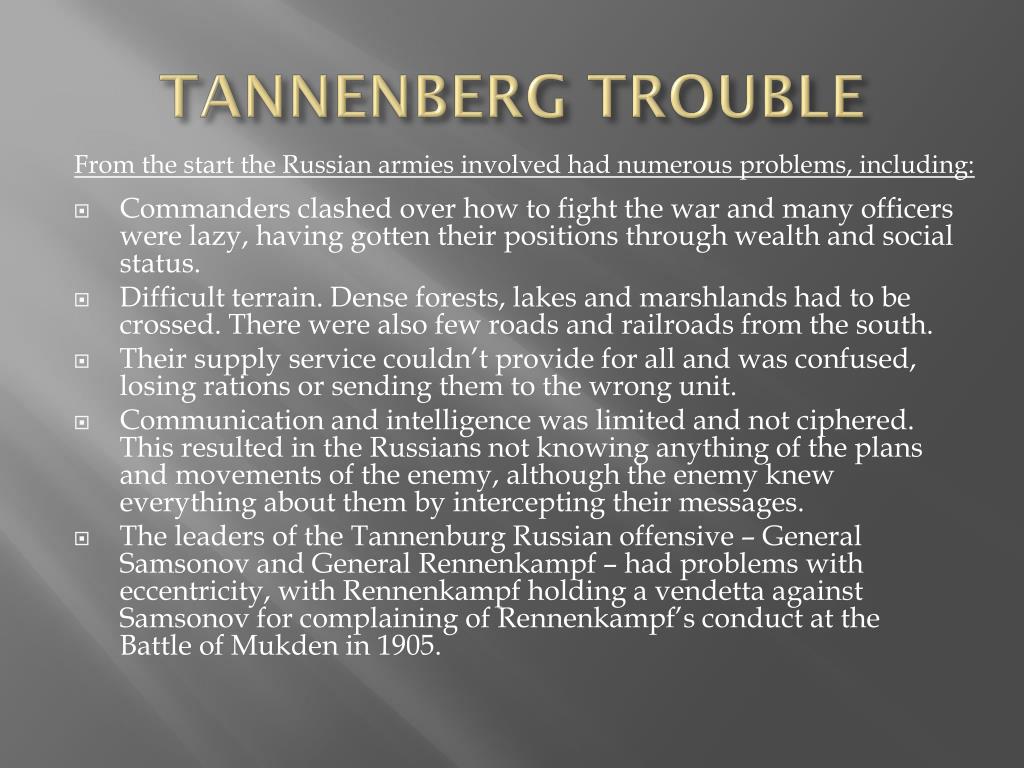

The young and impressionable were among those who were taken around the countryside to instill a sense of Teutonic pride. During the interwar years, these visits went from being a nationalistic to a Nazi experience. With the province disconnected from Germany by the Polish corridor, tourism was crucial in keeping East Prussia in the hearts and minds of all Germans. Many Germans felt compelled to visit East Prussia as a show of support. One that patriotic Germans in other parts of the country were more than glad to stimulate. East Prussia’s insecurity manifested in a Teutonic superiority complex. East Prussia was left to fend for itself out on the eastern frontier of Germany. The Weimar Republic was reeling from failed revolution and hyper-inflation. There was nothing much that could be done about this in the years which followed the war. The province had been severed from the rest of Germany by the Treaty of Versailles. There was a palpable sense of worry that East Prussia was slipping away. No one knew it at the time, but the end was closer than anyone might have imagined. The period between the First and Second World Wars was the waning days of East Prussia. Nothing could have been more peaceful and disconcerting.Įver present past – Grave markers at Military Cemetery in Olsztyn Here the grounds were well kept, and the markers looked new. The lost wars, the forced population transfers, the fear and violence were all gone. Everything had changed and still the military cemetery remained. This was Poland not Germany, Slavic soil instead of Teutonic territory. We were standing on the northern edge of Olsztyn rather than Allenstein. It was a figment of the historical imagination. A hundred years later, East Prussia did not exist. The only difference would have been that the graves of German soldiers killed in the Second World War would not have been present. If it had been 1923 rather than 2023, I imagine the cemetery would have been in much the same condition. Here the grounds were well kept, the area around the graves cleared of any debris, the markers and crosses looked new.

It was nothing like the dilapidated Olsztyn Military Cemetery we had visited the evening before. The second we set foot in the Military Cemetery of German Army Soldiers in Olsztyn, I had a creepy feeling that time had turned back a hundred years. Instead, it was different from any German military cemetery either of us had seen before. My travel companion and I were at another cemetery in our search to find one associated with the Battle of Tannenberg.

Sometimes when you go looking for one thing, you find something different that is much more fascinating.


 0 kommentar(er)
0 kommentar(er)
